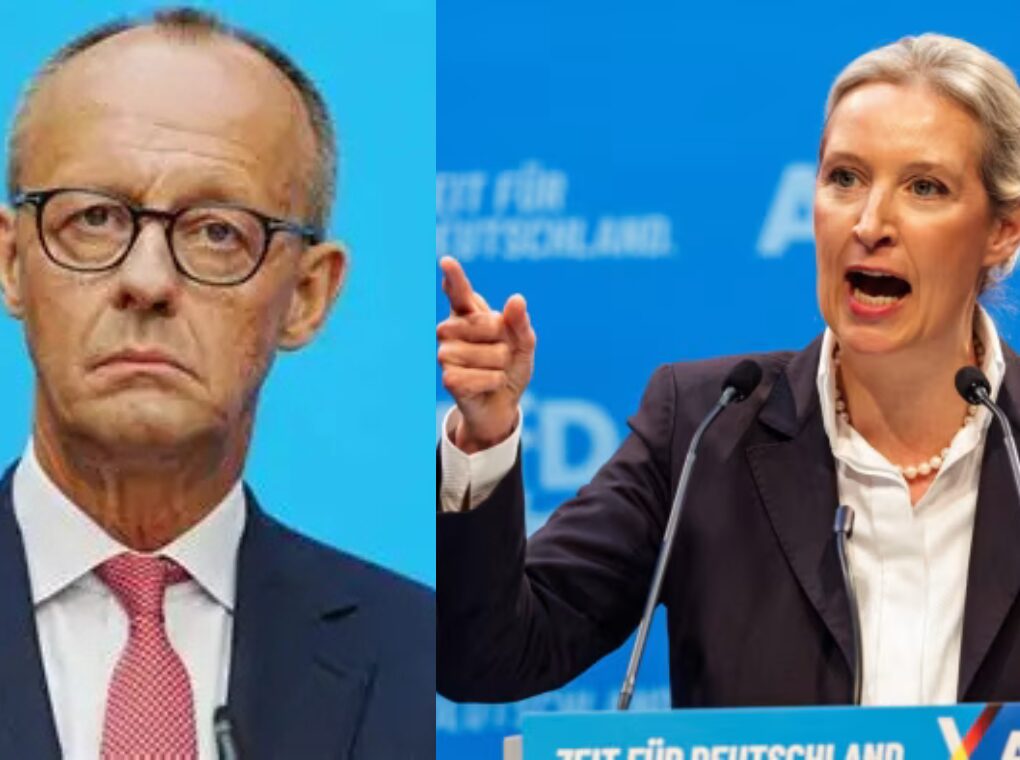Just two weeks before local elections in North Rhine-Westphalia, Germany’s political landscape has been shaken by the sudden deaths of four Alternative for Germany (AfD) candidates. Ralph Lange (66), Wolfgang Seitz (59), Wolfgang Klinger (71), and Stefan Berendes (59) all died unexpectedly within days of one another, forcing officials to reprint ballots in multiple municipalities.
While authorities have offered no explanation and mainstream outlets have dismissed the incidents as tragic coincidences, many Germans are asking hard questions. How likely is it that four candidates from the same party, in the same state, would suddenly die at the same time?
Economics professor Stefan Homburg described the event as “statistically almost impossible,” a view echoed across social media where suspicions of targeted suppression have gone viral. But no matter how much the establishment tries to downplay it, one thing is clear: they can’t suppress the AfD voice.
A Pattern of Suppression
The deaths come amid an escalating campaign to weaken the AfD, which has surged in popularity over the past year. In May 2025, Germany’s domestic intelligence agency officially branded the AfD as an “extremist” party—allowing surveillance, financial restrictions, and paving the way for calls to ban the party altogether.
Individual candidates have been barred from running. In Ludwigshafen, AfD mayoral candidate Joachim Paul was excluded based on vague allegations of “disloyalty to the constitution,” without the chance for a fair trial. Courts upheld the ban, silencing his campaign before it could even begin.
For AfD supporters, these actions reveal a dangerous trend: democracy being used to strangle democracy. Yet despite these obstacles, support for the party continues to grow. They can’t suppress the AfD voice.
Violence, Intimidation, and Media Bias
AfD members have long faced hostility. Fake death notices, violent threats, and attacks from radical groups have created a climate of fear. AfD co-leader Alice Weidel has warned repeatedly about “exploding crime” and the silencing of dissent.
Meanwhile, media outlets sympathetic to the AfD are censored. In Cologne, rival parties agreed to publicly discuss only the “positive aspects” of migration—deliberately excluding AfD’s position from the debate. Even the party-linked magazine Compact faced attempted bans, later overturned in court.
But intimidation only strengthens the party’s resolve. Across Germany, more citizens are rallying behind AfD’s message of sovereignty, security, and national pride. They can’t suppress the AfD voice.
AfD Rising Despite the Pressure
Why does the establishment fear the AfD? Because it speaks for millions of ordinary Germans—families struggling with rising costs, communities facing unchecked immigration, and citizens who feel ignored by the ruling elite.
AfD has surged to around 25% in national polls, tying with Chancellor Friedrich Merz’s CDU/CSU bloc. At times in 2025, the AfD even polled as the strongest party in Germany. That momentum has made it a target—but also shows its unstoppable growth.
Every attack, every smear, and even the tragic deaths of its candidates only reinforce what Germans are realizing: they can’t suppress the AfD voice.
Democracy at a Crossroads
The deaths of Ralph Lange, Wolfgang Seitz, Wolfgang Klinger, and Stefan Berendes are a painful blow—not only for their families and communities but for Germany’s democracy itself. Whether coincidence or conspiracy, their loss highlights a deeper issue: a democracy that tries to silence rising opposition is no democracy at all.
As Germany heads toward elections, the question is not just who will win—but whether voters are truly free to choose.
And amid tragedy and tension, one truth rings louder than ever: they can’t suppress the AfD voice.
